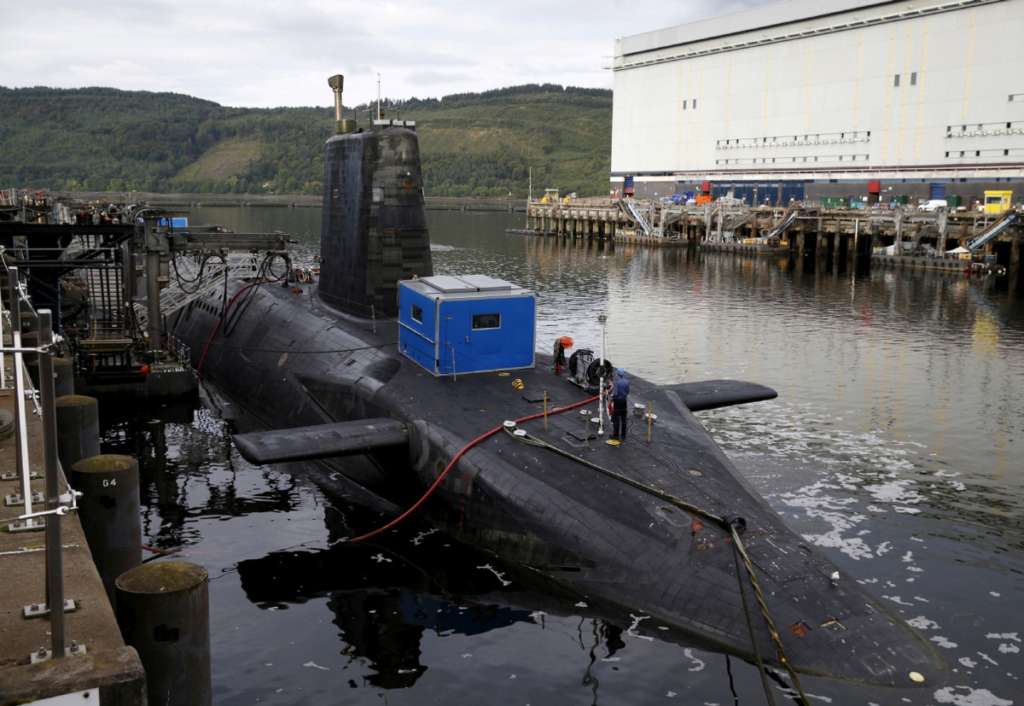London-New British Prime Minister Theresa May, who was compared to the legendary, Margaret Thatcher, being firm and described as the “Iron Lady,” has now succeeded David Cameron as U.K. prime minister, becoming the second female prime minister in British history.
She revealed the strict side of her personality during the parliamentary debate on renewing Britain’s arsenal of nuclear submarines.
In her first statement in parliament as prime minister, May urged lawmakers to back Trident, not only to protect Britain from growing threats and protect thousands of jobs in Scotland and elsewhere.
Lawmakers voted strongly on Monday to renew Britain’s ageing nuclear weapons system, a multi-billion-pound project regarded as key to maintaining the country’s status as a world power following its vote to leave the European Union.
Despite opposition from the pro-independence Scottish National Party (SNP) and some in the opposition Labor Party, parliament approved the renewal of the Scottish-based nuclear-armed Trident submarines by 472 to 117 votes.
“What this country needs to do is to recognize that it faces a variety of threats and to ensure we have the capabilities that are necessary and appropriate to deal with each of those threats,” she said ahead of the vote.
Labor leader Jeremy Corbyn, who has been challenged by two candidates seeking to take the helm of the center-left party, questioned the need for Britain to possess “weapons of mass destruction” and said it should press for a nuclear-free world.
“I would not take a decision that kills millions of people, I do not believe the threat of mass murder is a legitimate way to go about dealing with international relations,” said Corbyn, who had indicated his lawmakers, could vote freely on Trident.
Many Labor lawmakers criticized their leader’s view, which is in contrast with the party’s official position on Trident.
Some military officials also oppose the outlay on Trident, saying the money would be better spent on maintaining the army and on more conventional technology, both of which have recently suffered cutbacks.
The Ministry of Defense has said replacing the four submarines would cost 31 billion pounds ($41 billion), plus a contingency fund of 10 billion pounds, with another 4 billion already allocated to the design process.
